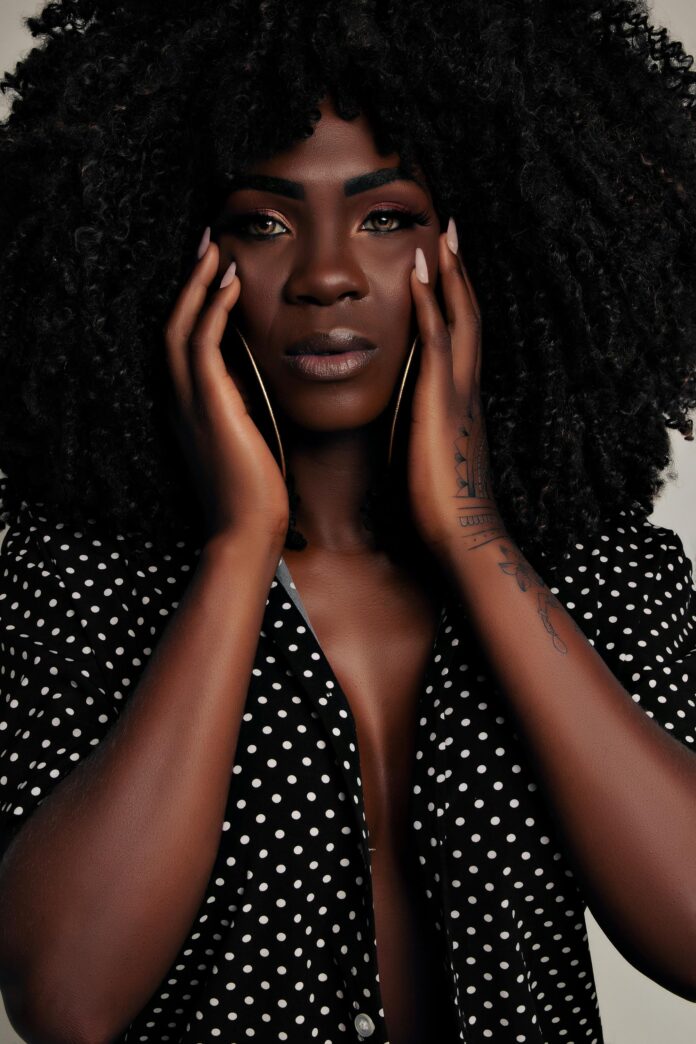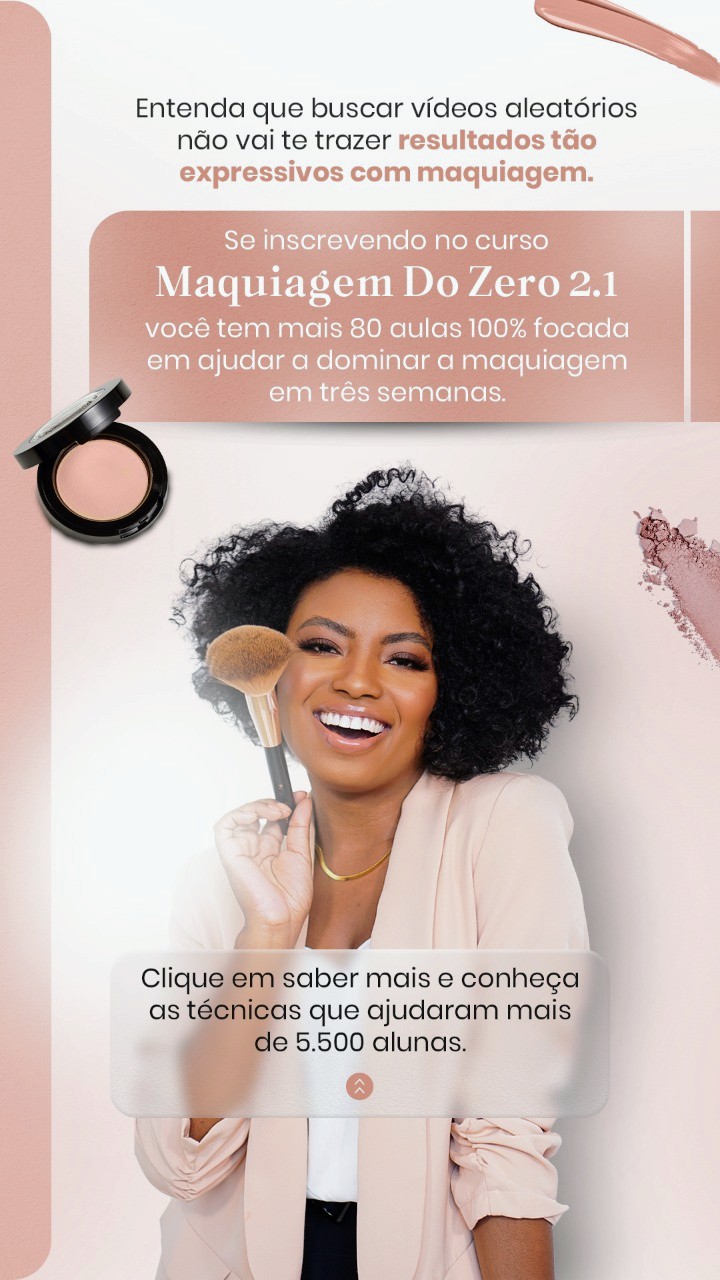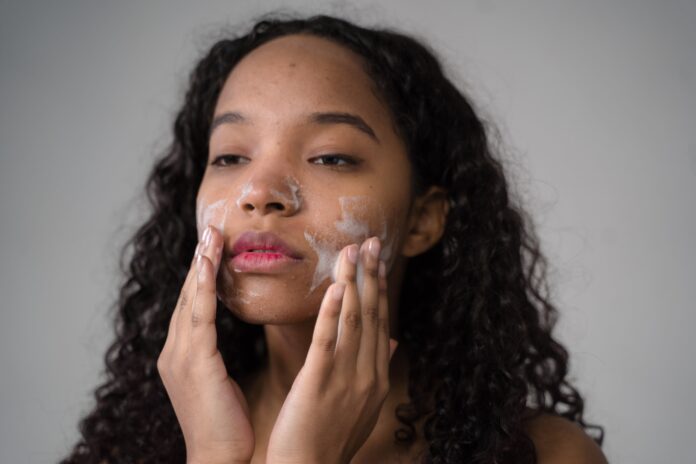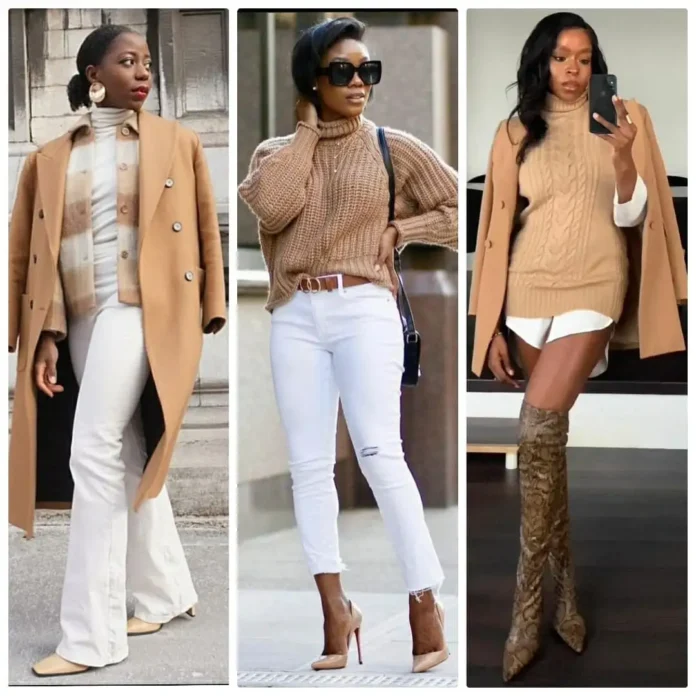Chemically damaged hair is a common problem faced by many people. Frequent use of chemical products such as dyes, straightening and perms can leave hair weakened, dry and lifeless.
However, with proper care, it is possible to restore the health and beauty of your hair. In this article, we will explore effective methods to restore chemically damaged hair.
Understand Chemical Damage
Chemical products used to modify the hair structure, such as bleaches and straighteners, can cause significant damage.
These products alter the hair cuticle, the outer layer that protects the hair, making it more susceptible to breakage and dryness. Additionally, chemical treatments can remove natural moisture from your hair, resulting in dull, lifeless strands.
First Steps to Recovery
1. Cut off damaged ends
The first step towards recovery is to cut off the damaged ends. Split and brittle ends cannot be repaired and will continue to split, causing more damage over time. A regular cut helps keep hair healthy and promote the growth of new strands.
2. Pause in Chemical Treatments
Take a break from chemical treatments to allow your hair to recover. Avoid dyes, bleaches, straighteners and permanents for at least a few months. During this time, focus on hydrating and nourishing your hair.
Essential Treatments and Care
1. Deep Hydration
Hydration is essential to recover hair damaged by chemicals. Use deep hydration masks at least once a week. Look for products that contain ingredients like argan oil, shea butter, and keratin. These components help restore moisture and elasticity to your hair.
2. Use of Natural Oils
Natural oils They are excellent allies in hair recovery. Coconut oil, avocado oil and jojoba oil are some examples that can be applied to the hair to nourish and strengthen the strands. Wet your hair weekly, applying the oil to dry hair and leaving it to act for a few hours before washing.
3. Avoid Excessive Heat
Frequent use of hairdryers, straighteners and curling irons can worsen the damage. Whenever possible, let your hair dry naturally. When using heat tools, apply a heat protectant to minimize heat damage.
4. Sulfate-Free Products
Sulfates are aggressive detergents present in many shampoos that can strip your hair of its natural oils, leaving it even drier. Opt for sulfate-free shampoos and conditioners for a gentler, less aggressive cleanse.
5. Hair Reconstruction
Hair reconstruction is a treatment that aims to replace lost protein in the hair. Use reconstruction masks that contain keratin, collagen and amino acids. This treatment should be done fortnightly or monthly, depending on the level of damage.
Diet and Supplementation
Hair health is also linked to diet. A balanced diet rich in vitamins and minerals can promote healthy hair growth.
1. Foods Rich in Protein
Hair is mainly composed of keratin, a protein. Consuming foods rich in protein, such as eggs, lean meats, fish and legumes, can help strengthen your hair.
2. Essential Vitamins
To the vitamins A, C, D and E are fundamental for hair health. Include foods like carrots, spinach, oranges, nuts and seeds in your diet. Additionally, biotin (vitamin B7) is known to promote hair growth and can be found in foods such as eggs and nuts.
3. Supplements
If necessary, consider vitamin and mineral supplementation. Consult a doctor or nutritionist before starting any supplementation to ensure it is suitable for your needs.
Daily Care Routine
1. Proper Washing
Don't wash your hair every day. Excessive washing can strip your hair of its natural oils, worsening dryness. Wash your hair two to three times a week, using warm or cold water.
2. Conditioner and Mask
Always use conditioner after shampoo to seal the cuticles and maintain hydration. Additionally, use hair masks once a week for a deeper treatment.
3. Comb Carefully
Use wide-toothed combs or brushes designed for damaged hair. Start combing at the ends and work your way up gradually to avoid breakage.
4. Avoid Products with Alcohol
Styling products that contain alcohol can dry out your hair even more. Opt for alcohol-free products and, if possible, use leave-ins and styling creams that offer additional hydration.
Professional Treatments
1. Keratin Therapy
Keratin therapy is a professional treatment that helps restore lost protein in your hair. It can make hair smoother, shinier and less prone to breakage.
2. Hair Cauterization
Hair cauterization is another treatment that helps seal the hair cuticles, providing a healthier, less damaged appearance. This treatment uses heat to fix nutrients and keratin in the hair.
3. Regular Hairdresser Appointments
Make regular appointments with your hairdresser for personalized cuts and treatments. A professional can assess the level of damage and recommend the best products and techniques to restore your hair.
Preventing Future Damage
1. Sun Protection
The sun can damage your hair in the same way as your skin. Use hats and hair products with UV protection when exposed to the sun for long periods.
2. Care when Swimming
Chlorine and salt water can dry out your hair. Before swimming, apply a leave-in or oil to protect your hair. After swimming, wash and moisturize your hair immediately.
3. Avoid Braids and Tight Buns
Hairstyles that are too tight can cause breakage and hair loss. Opt for looser hairstyles that don't put too much tension on the strands.
Myths and Truths about Hair Recovery
Hair recovery is surrounded by many myths and truths. Let's demystify some popular concepts to ensure you follow the best care for your hair.
Myth 1: Expensive Products Are Always Better
The most expensive products are not always the most effective. The important thing is to choose products that meet the specific needs of your hair. Reading labels and researching ingredients can be more helpful than simply choosing the most expensive brand.
Truth 1: Food influences hair health
A balanced diet has a great impact on the health of your hair. Consuming foods rich in vitamins and minerals is essential to strengthen hair and promote healthy growth.
Myth 2: Cutting your hair makes it grow faster
Cutting your hair regularly helps maintain a healthy appearance, but does not affect the rate of hair growth. However, removing damaged ends can prevent breakage and split ends, which gives the appearance of healthier growth.
Truth 2: Thermal products without protection damage your hair
Using dryers, straighteners and curling irons without applying a thermal protector can cause significant damage to your hair. Excessive heat dehydrates hair and can lead to breakage and dryness.
Myth 3: Hair Gets Used to Products
There is no scientific evidence that hair “gets used to” certain products and stops responding to them. However, it can be helpful to vary products from time to time to ensure your hair receives a full range of nutrients.
Testimonials and Real Results
Many people have managed to recover their damaged hair by following proper care routines. Here are some testimonies from people who managed to restore hair health:
Testimony 1: Maria, 28 years old
“After years of bleaching, my hair was extremely damaged. I started using deep hydration masks and natural oils weekly. I also reduced the use of hairdryers and straighteners. In six months, my hair was much healthier and shinier.”
Testimony 2: João, 35 years old
“I used to do chemical straightening regularly and my hair was very brittle. I decided to take a break from treatments and invested in sulfate-free products rich in keratin. The change was incredible, and today my hair is much stronger and more resistant.”
Testimony 3: Ana, 24 years old
“My hair was dry and lifeless due to excessive use of dyes. I started doing hair reconstruction monthly and adopted a more balanced diet. After a few months, I noticed a huge difference in the texture and shine of my hair.”
Recommended Products for Hair Recovery
Selecting the right products is crucial for recovering chemically damaged hair. Here are some effective product recommendations:
Deep Hydration Masks
- Intensive Hydration Mask with Argan Oil: Ideal for restoring moisture and shine to dry, damaged hair.
- Keratin Reconstruction Mask: Helps strengthen and rebuild fragile hair.
Natural Oils
- Coconut oil: Perfect for moisturizing and deep hydration.
- Avocado Oil: Rich in vitamins and essential fatty acids, it promotes hair nutrition.
- Jojoba Oil: Helps with hydration without weighing down the hair.
Sulfate-Free Shampoos and Conditioners
- Sulfate-Free Moisturizing Shampoo and Conditioner: Gentle cleansing that does not dry out the hair.
- Shampoo and Conditioner with Keratin: Strengthens hair and helps repair damage.
Thermal Protection Products
- Thermal Protective Spray: Protects hair from the heat of dryers and straighteners.
- Combing Cream with Thermal Protection: Provides protection and facilitates combing.
Conclusion
Recovering chemically damaged hair is not an impossible task, but it requires patience, consistency and the right products. By following a care routine focused on hydration, nutrition and protection, it is possible to restore the health and vitality of your hair. Remember that prevention is essential to avoid further damage, so invest in continuous and appropriate care to keep your hair looking beautiful and healthy.
Common questions
How long does it take to recover chemically damaged hair?
The time needed to recover damaged hair varies depending on the degree of damage and the consistency of care. In general, it may take a few months to a year to notice a significant improvement.
Can I use home treatments to recover my hair?
Yes, homemade treatments such as avocado, honey and olive oil masks can complement care with professional products. However, it is important to ensure that the ingredients are suitable for your hair type and do not cause adverse reactions.
Should I stop using chemicals completely?
It is not necessary to stop completely, but taking a break from chemical treatments and limiting their use can help your hair recover. When you decide to resume treatments, do so in moderation and opt for quality products.
Do hair treatments work for all hair types?
Yes, hair treatments can be adjusted to meet the specific needs of different hair types. It is important to choose products and methods that are suitable for your hair type, whether straight, wavy, curly or frizzy.
Investing in continuous and personalized care is the key to keeping your hair always beautiful and healthy. With dedication and the right products, it is possible to recover and maintain the vitality of your hair, ensuring that it remains strong, shiny and full of life.








